Graham Reid | | 5 min read
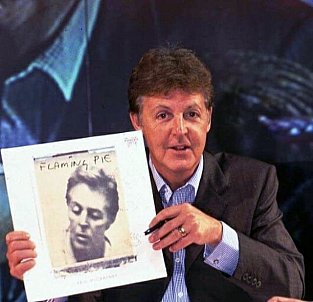
The Eighties was a tough decade for many who had come to attention in the Sixties: any Best of 80s Bob Dylan compilation is scraping around; singers like Dusty Springfield, Cilla Black and Dionne Warwick all but disappeared for a while; Van Morrison's album were patchy, the Stones recycled themselves to lesser effect and most people couldn't name a Kinks album in the Eighties.
And what of the Beatles?
One was dead; the Quiet One released pleasant but politely received albums and found a place in the lowkey Traveling Wilburys; Ringo spent most the time drunk then got sober and released two easily ignored albums; and . . .
Aside from Tug of War ('82) which proved he hadn't lost his gift for melody – although the companion volume Pipes of Peace ('83) confirmed he could be a lazy lyricist – and co-writing with Elvis Costello at the end of the decade (songs which would appear on the fine Flowers in the Dirt and their subsequent albums), the Eighties weren't good for Paul McCartney either.
And initially – with the typically uneven Off the Ground – it seemed his Nineties were not going to be any better.
Then after a four year hiatus during which he experimented with Youth as The Fireman, McCartney re-emerged with the unexpectedly good Flaming Pie in '97.
He would point to his immersion in the Beatles' Anthology projects – the book, the doco series and the albums – as reminding him of just how good he and that band had been and, in his mid Fifties, he could sharpen up and get a bit more adult in his writing.
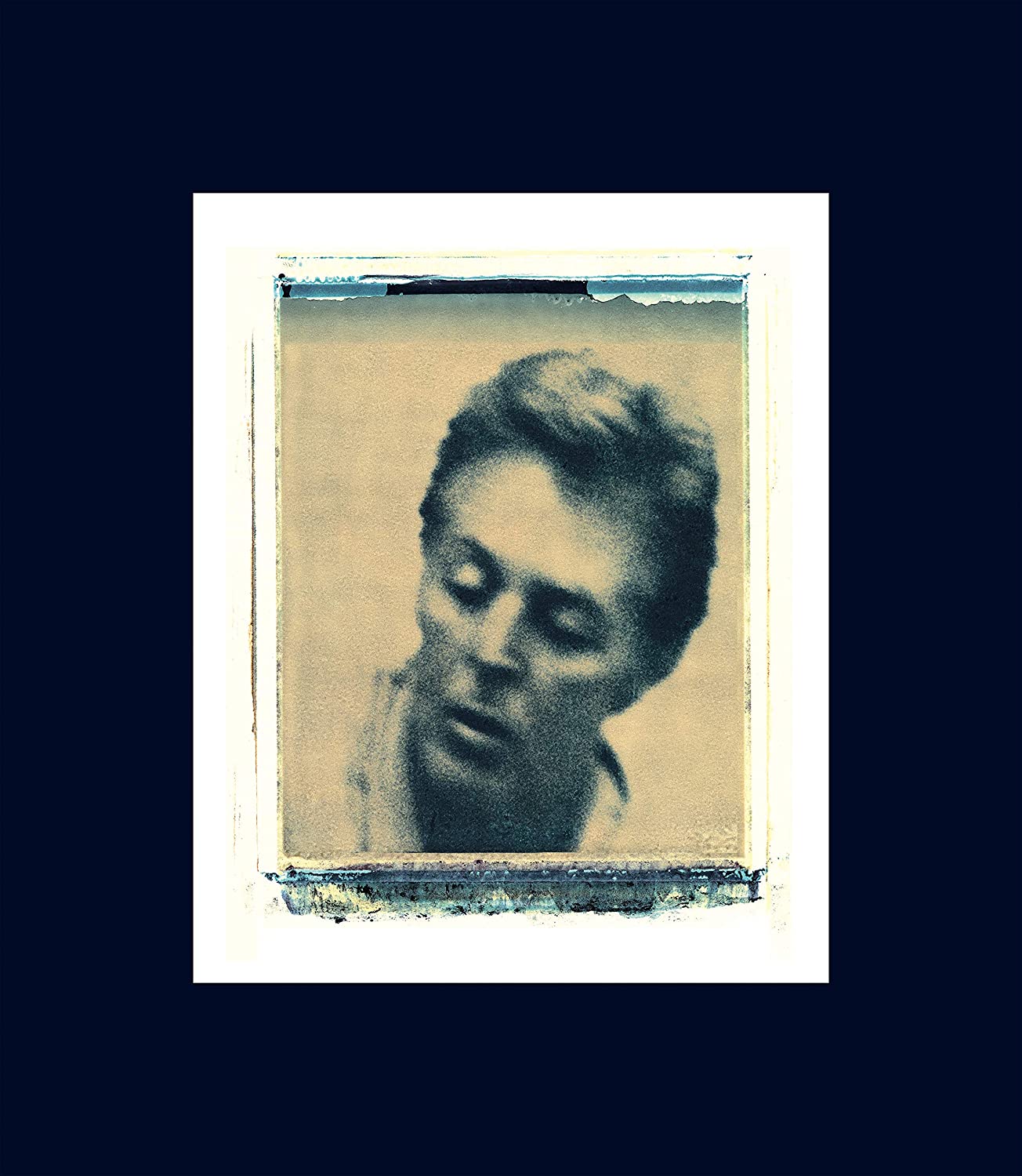 In the autumn of his years, he wasn't shying away from his past. The album title came from a Lennon quote about the origin of the Beatles' name and on the acoustic Somedays he concedes he's not the man on the bus (“Don't ask me who won the match or scored the goal”).
In the autumn of his years, he wasn't shying away from his past. The album title came from a Lennon quote about the origin of the Beatles' name and on the acoustic Somedays he concedes he's not the man on the bus (“Don't ask me who won the match or scored the goal”).
And at points it errs a little towards Lennon's unalloyed declarations of love for Yoko: “some days I look at you with eyes that shine, some days I don't believe you are mine . . .”
The opener The Song We Were Singing reflects on what is was like being young and idealistic, sipping wine, smoking dope and having that time to “discuss all the vast intricacies of life, we could jaw through the night . . .”
With producer Jeff Lynne, McCartney -- at 55 -- crafted some of the best pop of his recent career in songs like The World Tonight which looks back but also forward: “I go back so far I'm in front of me . . . look into the future, see it in a different light”.
There are a few lesser moments as there always are: here the two songs with old friend Steve Miller – If You Wanna and Used to be Bad, the latter very much a Miller vehicle – are poor cousins in this company and mostly unmemorable aside from Miller's guitar work.
However Young Boy with Miller is an interesting throw right back to a period between the effortless pop of A Hard Day's Night and the lyrical ambition of Rubber Soul, with Miller's Seventies rock sensibilities.
The title track with McCartney pounding the ivories in the manner of Lady Madonna is a bit of a throwaway although lyrically he seemed to be going in an odd direction: “I took my brains out and stretched 'em on the rack . . . I'm the man on the flaming pie”.
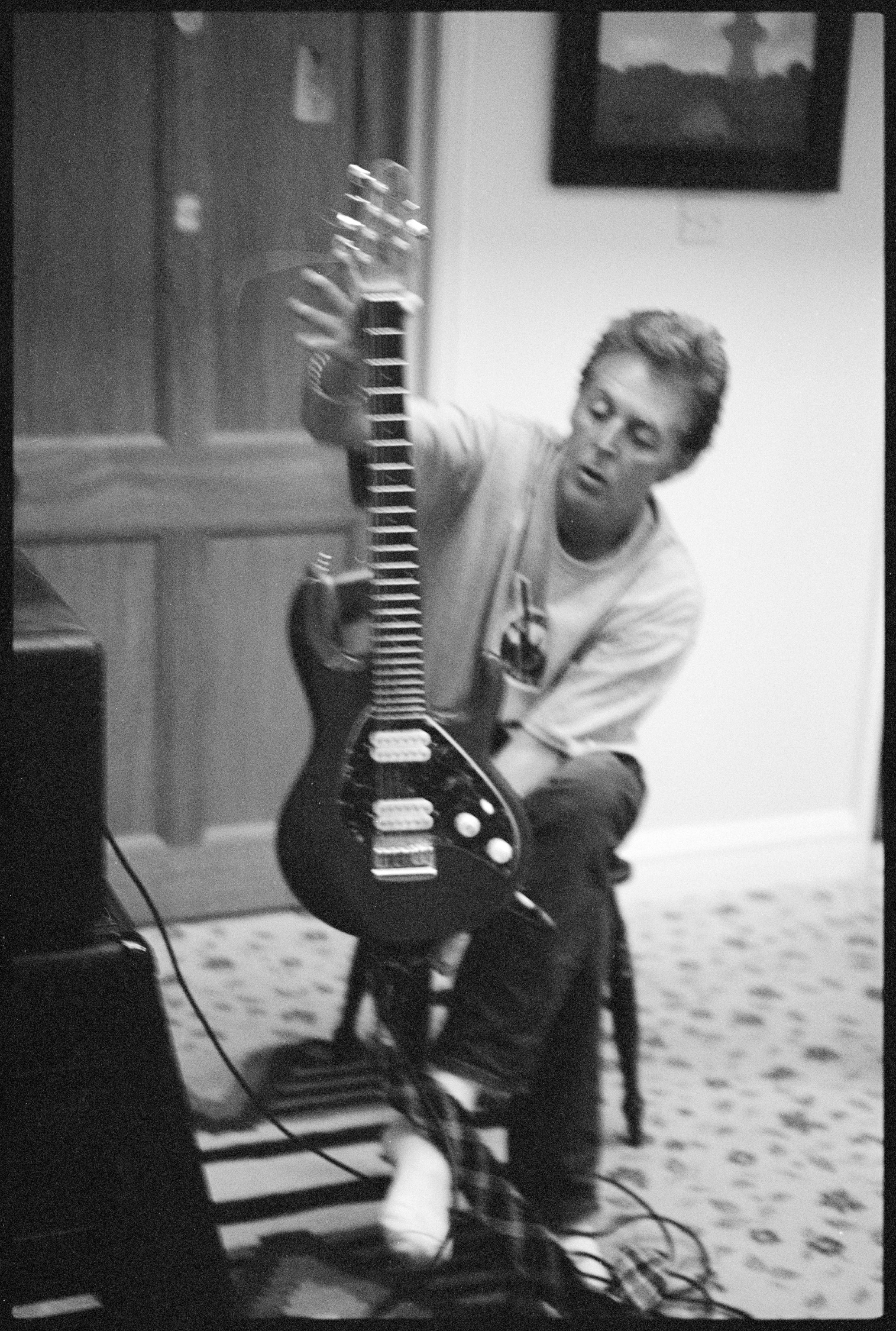 The pall of mortality also hung over him: Ringo Starr's former wife Maureen had died of cancer (the slightly saccharine but well meaning acoustic ballad Little Willow is about her) and his wife Linda had also had the diagnosis in '95 (she would die the year after this album came out).
The pall of mortality also hung over him: Ringo Starr's former wife Maureen had died of cancer (the slightly saccharine but well meaning acoustic ballad Little Willow is about her) and his wife Linda had also had the diagnosis in '95 (she would die the year after this album came out).
And that latter event perhaps explains a song like Heaven on a Sunday (with son James on lead guitar) where he sings “If I only had one love, yours would be the one I chose”.
As with many such McCartney songs it is beautifully arranged, boast a nice melody but is pretty lame.
Souvenir however is a much more successful marriage of all those elements and McCartney is right when he speaks of it as a soul song (“a sort of Wilson Pickett, r'n'b number”) which even now cries out for a raw cover.
And although it seems slight, Really Love You – with Ringo deploying a simplistic backbeat for a primitive rock'n'roll number which grew out of a jam --is fun and just the right amount of strange.
There's a pleasing simplicity about some of the songs which hark back to his solo McCartney album ('70): Calico Skies on acoustic guitar and written five years previous is a love song with an expression of gratitude that he and his generation didn't have to handle “all the weapons of war we despise”.
The closing track Great Day – which reminds you of what an empathetic backing vocalist Linda could be – is a pleasing little acoustic coda to an album which is uneven but much less patchy than many of its predecessors.
Now given remastered reissue and the expanded treatment in his on-going Paul McCartney Archive Collection, Flaming Pie invites a revisit and reconsideration.
In the home recordings are spare workouts (Somedays especially sensitive, for the version of Great Day you feel you are eavesdropping) and in the much expanded set (five CDs, two DVDs) there is a generic McCartney piano ballad Same Love of the kind he could knock off effortlessly and others would consider its melody a career highpoint.
There are also his throwaways of different versions of Oobu Joobu jams.
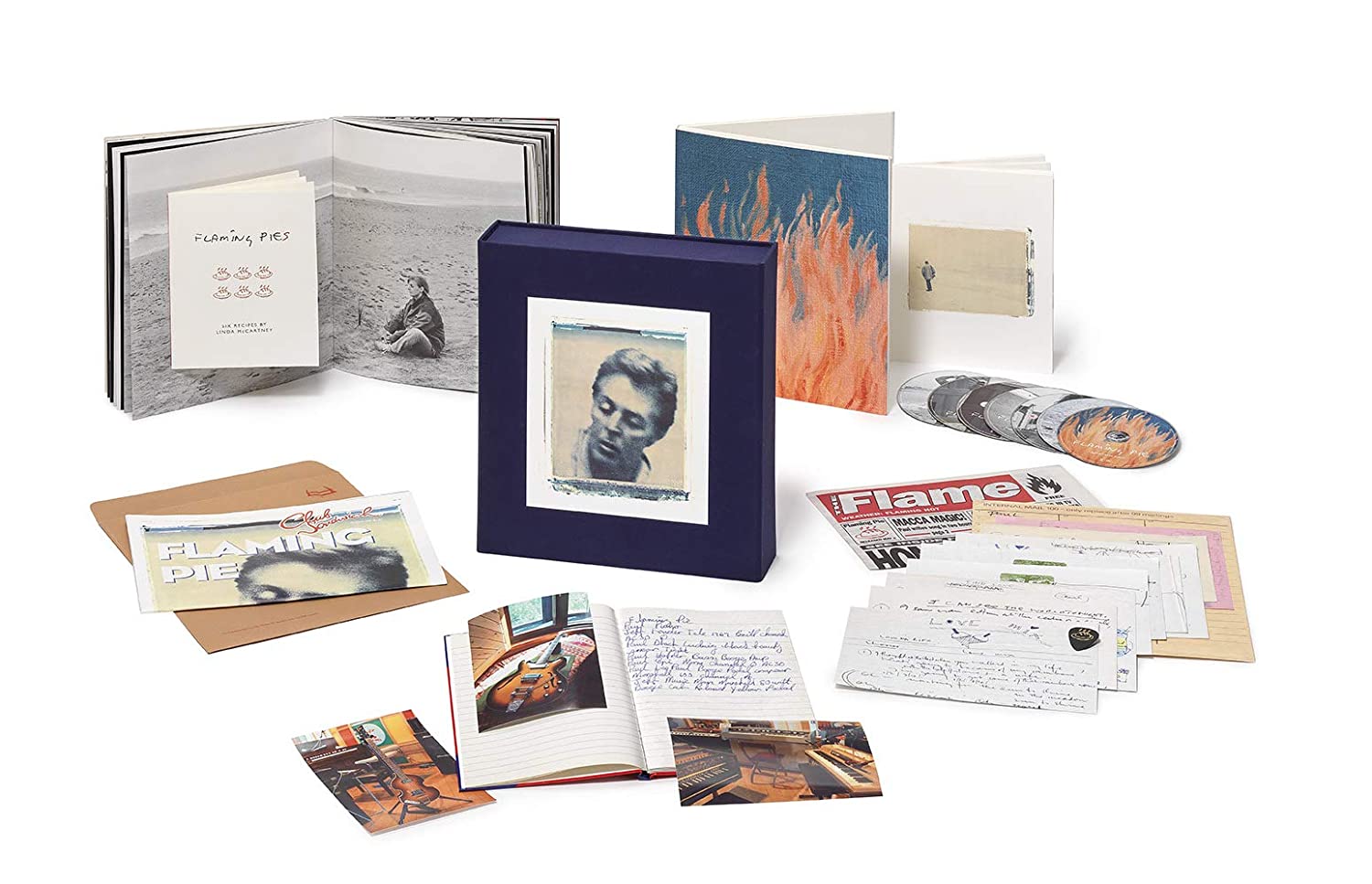 These don't add much to sum of human knowledge about McCartney (although there are some interesting interview bits) other than he did enjoy being in a studio. Oobu Joobu Part 2 is pretty catchy though, you'll need to get the big box set to find out who all is on it.
These don't add much to sum of human knowledge about McCartney (although there are some interesting interview bits) other than he did enjoy being in a studio. Oobu Joobu Part 2 is pretty catchy though, you'll need to get the big box set to find out who all is on it.
Flaming Pie was an album which endeared itself to loyalists and those who were prepared to give him a fair hearing. But by being his 10thsolo studio album – not counting Beatles and Wings releases, and all the rest – it went past many in this country as just another McCartney album.
It didn't make the top 20 here although it was top five on the US and UK charts.
Later in the decade there would be even better albums – notably Driving Rain in 2001 which lead to the critically acclaimed Chaos and Creation in the Back Yard in 2003.
But if there was a discernible turning point in his musical fortunes it was Flaming Pie in '97.
.
You can hear the much expanded edition of Flaming Pie at Spotify here.
.
Elsewhere occasionally revisits albums -- classics sometimes, but more often oddities or overlooked albums by major artists -- and you can find a number of them starting here
.
 The expanded if expensive Flaming Pie box set can be ordered through JB Hi-Fi here.
The expanded if expensive Flaming Pie box set can be ordered through JB Hi-Fi here.
It is also available in a cut-down double vinyl and double CD formats, perhaps what most would be happy with.

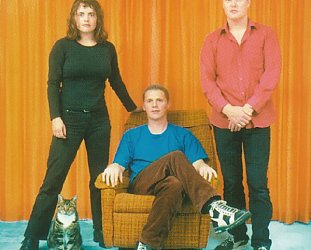

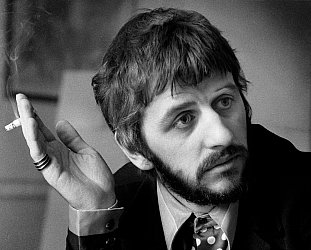
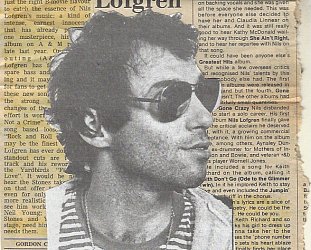
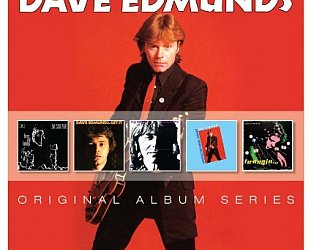
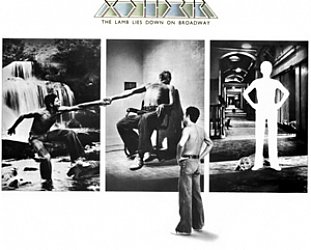
post a comment